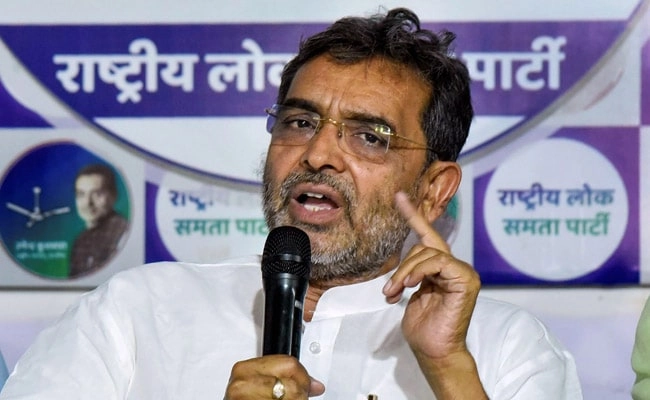The United Kingdom has recently introduced a controversial policy that mandates the possession of a digital identification to secure employment, a move that aims to combat illegal migration. This initiative is part of the government’s broader strategy to tighten immigration controls and ensure that only those with the appropriate legal status can work within the country. The policy emphasizes the significance of verifying an individual’s identity and right to work in the UK, a measure that supporters argue will enhance national security and reduce the exploitation of undocumented migrants in the labor market.
Critics of the policy, however, raise concerns about its potential implications for civil liberties and the rights of workers. The requirement for a digital ID could disproportionately affect vulnerable populations, including those who may have difficulty obtaining such identification due to various barriers. Furthermore, there are fears that this initiative could lead to discrimination and unintended consequences, where individuals who are legally entitled to work might face challenges in proving their status, thus exacerbating existing inequalities in the job market.
The government’s rationale for this policy is rooted in the belief that a robust identification system is essential for maintaining social order and ensuring that jobs are reserved for those who have the right to work. By implementing this requirement, authorities aim to create a more transparent labor market that discourages illegal employment practices and fosters fair competition among workers. However, the effectiveness of this approach remains to be seen, as it raises questions about the balance between enforcing immigration laws and protecting the rights of individuals in the workforce.
As the UK navigates this new landscape of employment and immigration, the debate surrounding the digital ID requirement is likely to intensify. Stakeholders from various sectors, including labor unions, human rights organizations, and business groups, are expected to weigh in on the implications of this policy. The government’s commitment to tackling illegal migration through such measures will require careful consideration of the potential impacts on both the economy and society at large, as the nation seeks to navigate the complex interplay between security and individual rights in the contemporary labor market.




